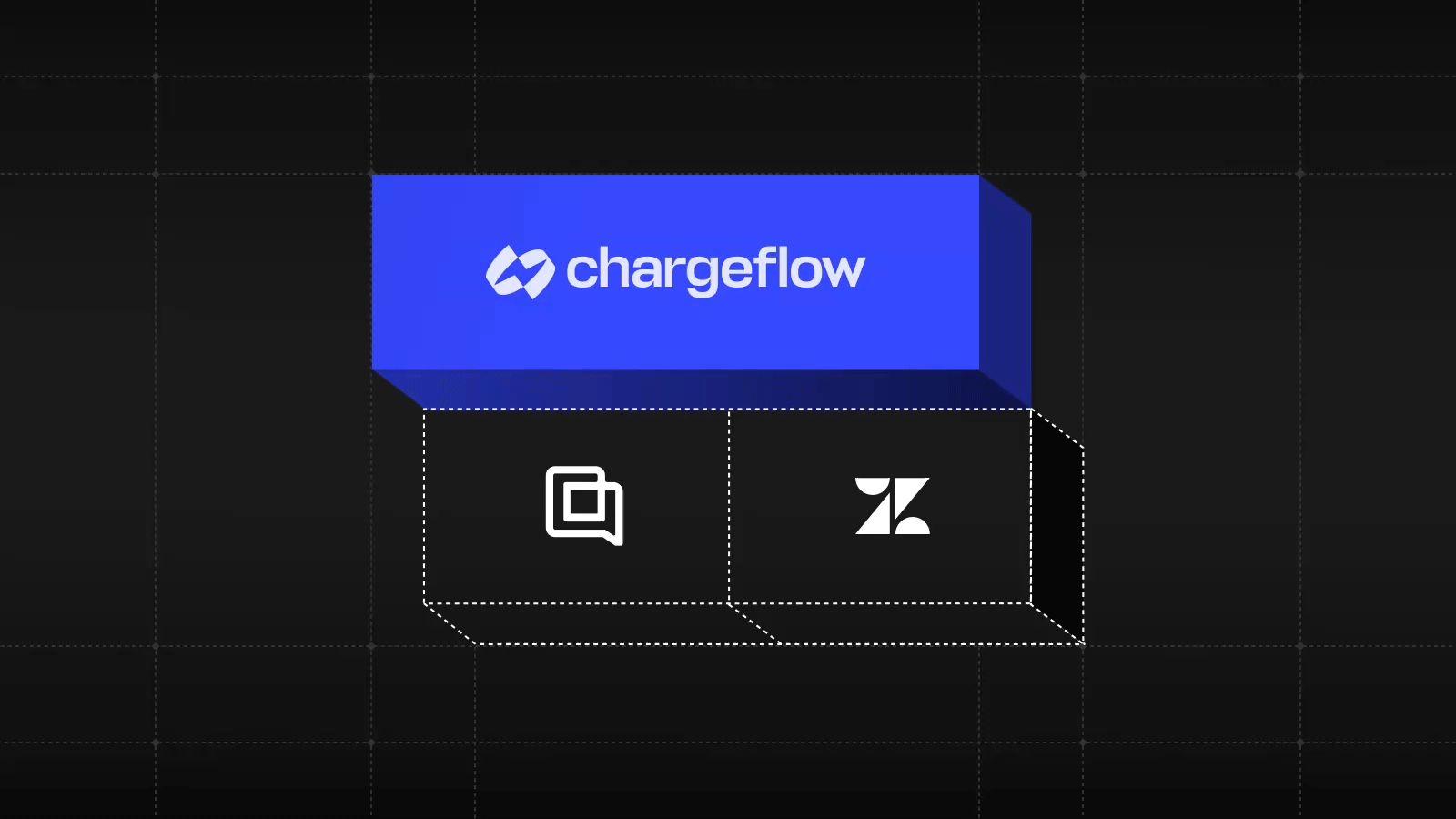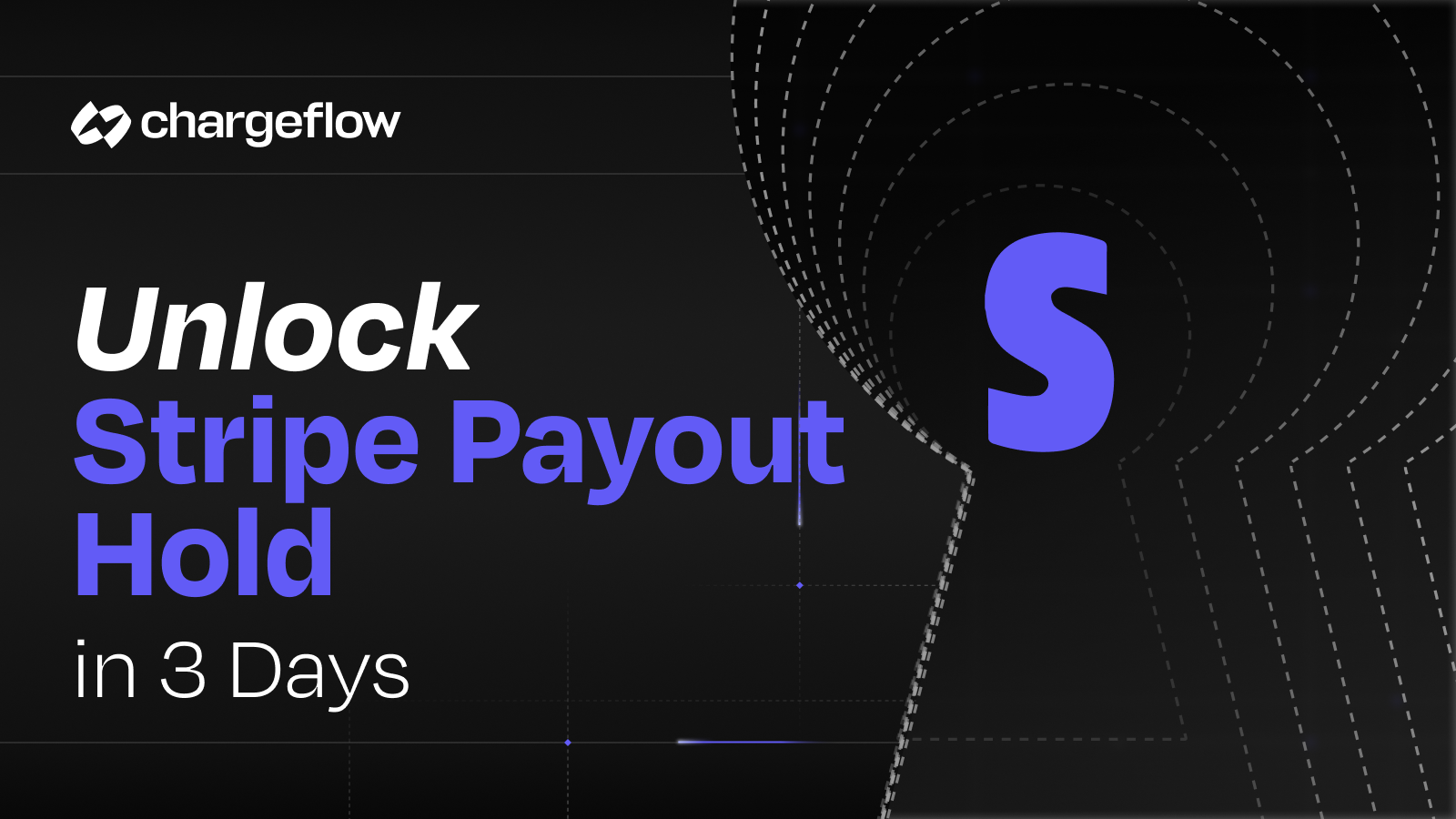Understand Zelle Chargeback: Secure Your Business on this Platform

Chargebacks?
No longer your problem.
Recover 4x more chargebacks and prevent up to 90% of incoming ones, powered by AI and a global network of 15,000 merchants.
Learn to safeguard your business against Zelle chargebacks and prevent fraud. Our guide will help you keep profits secure and maintain chargeback ratio.
As an online store owner, you're no stranger to risk management. With the rapid growth of digital payments, it's essential for businesses to be aware and adequately prepared to handle chargeback disputes.
Zelle is one powerful payment platform enabling users to transfer money quickly and securely—but what happens if your customer initiates a chargeback? Understanding Zelle chargebacks can help secure your business from potential losses while allowing customers recourse when they've been wronged.
In this blog post, we'll discuss chargebacks with Zelle and provide tips on how you can reduce their occurrence in your business model.
Risks for Businesses that Use Zelle
Zelle is a popular payment platform used by many businesses for its fast and convenient transactions. However, using Zelle also comes with certain risks that businesses should be aware of. Here are some of the risks for businesses that use Zelle:
- Lack of protection compared to credit card chargebacks: Unlike credit card chargebacks, Zelle transactions are final and cannot be disputed or reversed. This means that if a customer disputes a payment made through Zelle, the business may not be able to recover the funds. This lack of protection can be especially risky for businesses that deal with high-ticket items or frequent transactions.
- Increased risk of fraud and scams: Zelle's popularity has also made it a target for fraudsters and scammers. Businesses that use Zelle may be at risk of fraudulent transactions or scams, such as phishing schemes or fake invoices. Fraudulent transactions can result in financial losses and damage to a business's reputation.
- Negative impact on business reputation and financial stability: In addition to the risk of fraud, businesses that use Zelle may also face negative publicity and damage to their reputation if customers experience payment issues or disputes. This can lead to a loss of trust and a decrease in business, which can ultimately impact a company's financial stability.
Tips for Reducing the Risk of Zelle Disputes
As a business owner, it is important to reduce the risk of disputes and chargebacks when using Zelle as a payment platform. Here are some tips to help minimize these risks:
- Ensure customer verification and authentication measures: To prevent fraud and unauthorized transactions, it is crucial to have strong verification and authentication measures in place. This may include requiring customers to verify their identity before making a payment or using two-factor authentication.
- Provide clear and detailed transaction descriptions: When using Zelle, it is important to provide clear and detailed descriptions of each transaction, including the goods or services provided, the price, and any applicable fees or taxes. This will help customers understand what they are paying for and reduce the likelihood of disputes or chargebacks.
- Implement policies and procedures for handling disputes and chargebacks: It is important to have clear policies and procedures in place for handling disputes and chargebacks. This may include providing a clear process for customers to dispute a transaction and responding promptly to any customer complaints or concerns.
- Keep records of transactions and communication with customers: Keeping detailed records of all Zelle transactions and communication with customers can help resolve disputes and chargebacks more quickly and effectively. This may include keeping records of transaction receipts, email correspondence, and any other relevant documentation.
By implementing these tips, businesses can reduce the risk of disputes and chargebacks when using Zelle as a payment platform, and maintain strong relationships with their customers.
How to Handle a Zelle Chargeback Disputes?
As a seller, it is important to understand and be prepared for the possibility of chargeback disputes. When you receive a chargeback notice, your first action should be to respond promptly by carefully reviewing the facts of the situation and providing any relevant evidence that pertains to the disputed transaction.
It is also important to cooperate fully with both the customer and the bank in order to come to an amicable resolution quickly. Furthermore, make sure that you are aware of the potential consequences if you lose a chargeback dispute, such as having to accept a refund of the transaction amount paid back to the customer, potential financial penalties assessed by Zelle or your payment processor, and/or poor reviews from unhappy customers.
Taking these steps will ensure that all parties involved can resolve the chargeback disagreement efficiently and satisfactorily.
Final Thoughts on Zelle Chargebacks
As a business, it is essential to understand Zelle's chargeback and the risks that come with utilizing this online payment system. Utilizing the tips provided in this post can help you navigate these risks and reduce your chances of running into disputes. If a dispute does arise, knowing how to handle them is key to preventing any unnecessary losses or headaches.
Chargeflow has developed autopilot solutions that not only prevent chargebacks but also fight disputes when they do arise. Our leading-edge technology will help protect your business from fraud and loss prevention caused by disputes. Identify potential risks and keep your business safe today when you start using Chargeflow integrations on the market!

Chargebacks?
No longer your problem.
Recover 4x more chargebacks and prevent up to 90% of incoming ones, powered by AI and a global network of 15,000 merchants.






























.png)








